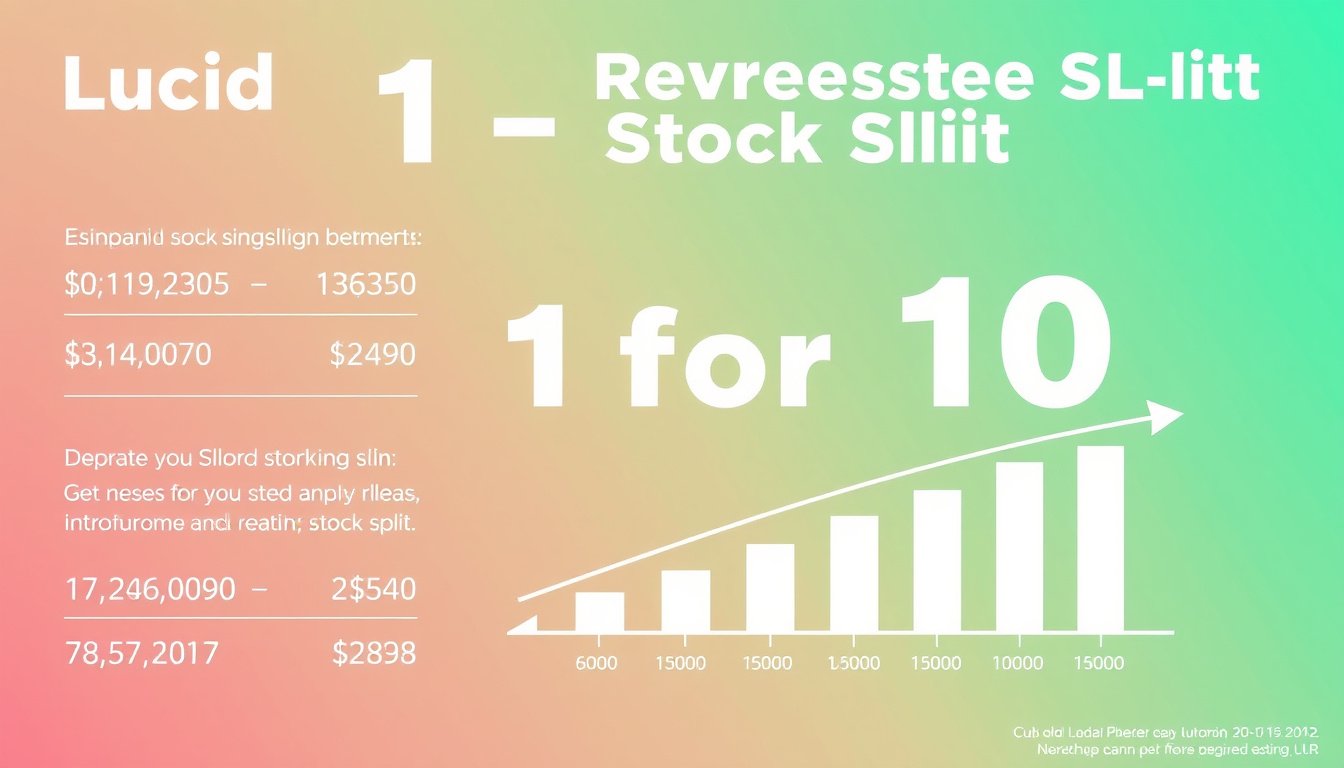In the world of consumer brands, few have managed to carve out a dual identity as compelling as Ben & Jerry’s. Founded in 1978 by Ben Cohen and Jerry Greenfield in a gas station in Burlington, Vermont, the ice cream company has positioned itself as not just a purveyor of frozen treats but also a staunch advocate for social justice. However, as globalization and corporate dynamics evolve, the question arises: can Ben & Jerry’s maintain its original mission while navigating the complexities of modern commerce?
The Soul of Ben & Jerry’s
Ben & Jerry’s has built its ethos around progressive values that highlight issues such as climate change, racial equity, and economic justice. Their commitment to activism is well-documented, with the company actively participating in conversations around controversial topics, including LGBTQ+ rights and political equity. Notably, they famously took a stand against the sale of their ice cream in Israeli settlements in the West Bank, asserting their desire not to be complicit in what they deemed as unjust practices. This bold move was meant to reflect their corporate social responsibility but led to tumultuous consequences, igniting discussions about the role of businesses in international politics.
Ben Cohen’s recent push to regain ownership of the brand from Unilever underscores a deeper concern among the founders regarding the dilution of their social mission. As Cohen expresses his desire to restore Ben & Jerry’s autonomy, it reflects a broader struggle faced by socially-conscious brands in a globalized market— how to remain true to their founders’ vision amid corporate governance and profitability pressures.
Navigating the Waters of Activism and Commerce
In recent years, Ben & Jerry’s has experienced scrutiny not just for its social stances but for the implications of its actions, particularly in regards to their relationship with Unilever. When the parent company sold the trademark rights to Blue & White Ice Cream in Israel, it stirred up a wave of criticism. The decision to distance itself from its Israeli operations was painted as a necessity for maintaining its social mission. However, Cohen’s and Greenfield’s insistence on a specific approach—namely, targeting West Bank settlements—has led critics to challenge the consistency of their activism.
Detractors argue that the selective nature of this activism raises questions about the authenticity of their social justice mission. If a company is willing to take a moral stand in one geographic area while continuing business as usual in others that align poorly with their values, what message does that send? For instance, when asked if they would halt operations in U.S. states with restrictive policies against LGBTQ+ rights, Cohen and Greenfield offered noncommittal responses, showcasing a selective approach to their activism. This inconsistency places Ben & Jerry’s commitment to social justice under greater scrutiny and highlights the tensions between ethical branding and global commerce.
The Complexity of Humanitarian Advocacy
Anticipation of backlash is a routine part of modern business, particularly for brands that engage with sensitive topical issues. While Ben & Jerry’s has been steadfast in its commitment to social justice, the insinuations of anti-Israel sentiments have complicated the narrative surrounding its campaign against settlement sales. Despite the founders’ denials of anti-Israeli bias, the affiliations formed through the funding of particular human rights organizations have been viewed by many as contradictory to their stated aims of promoting peace and justice for all people, irrespective of their national identities.
In a landscape where black-and-white morality is often sought, the actions and choices made by socially-conscious brands become peering lenses through which public sentiment is sharply magnified. The backlash received for both stopping sales in the West Bank and navigating partnerships with organizations like Jewish Voice for Peace further complicates the brand’s ability to remain a unifying entity in the realms of social activism.
The Future of Ben & Jerry’s: A Balancing Act
As Ben Cohen seeks to buy back the company, the future of Ben & Jerry’s—and by extension, its social mission—seems poised at a crossroad between authenticity and global profitability. The backlash endured for their stance on Israeli settlements showcases the challenges in upholding a consistent message of social equity in an increasingly polarized world where economic interests cloud moral perspectives. If Ben & Jerry’s wishes to continue being the ice cream “with a soul,” it must engage honestly with critics while remaining true to its foundational values.
Ultimately, Ben & Jerry’s dilemma encapsulates the larger struggle brands face in a globalized economy: the necessity of balancing ethical commitments with the realities of business operations, particularly when social activism meets commercial interests. This intersection will dictate whether Ben & Jerry’s can indeed stay true to its roots or if it will become another casualty of the global corporate landscape.










